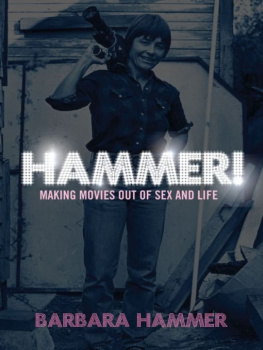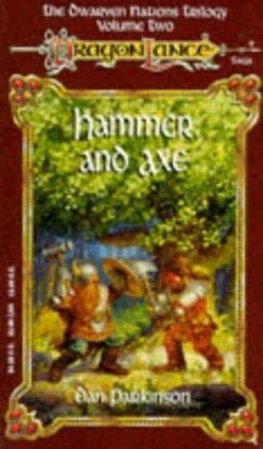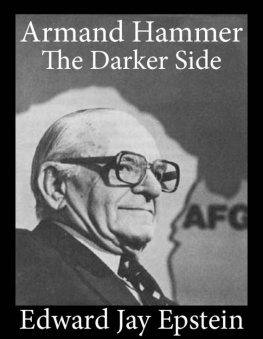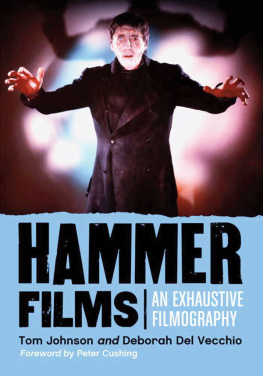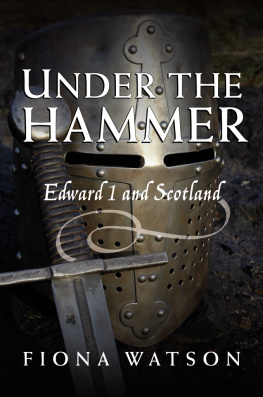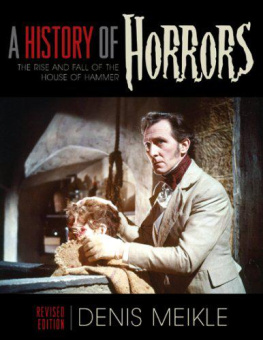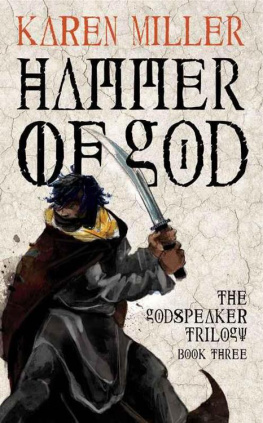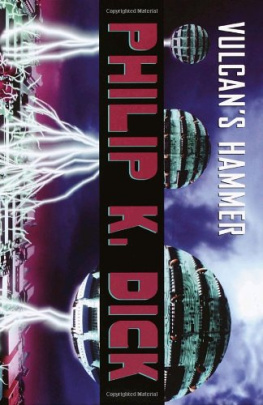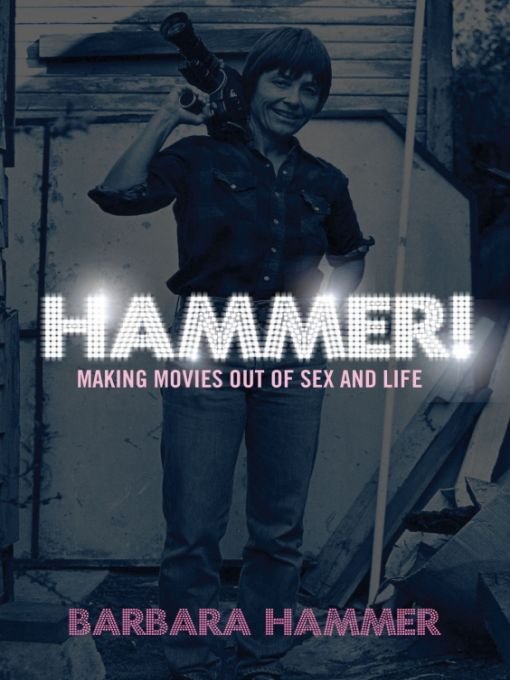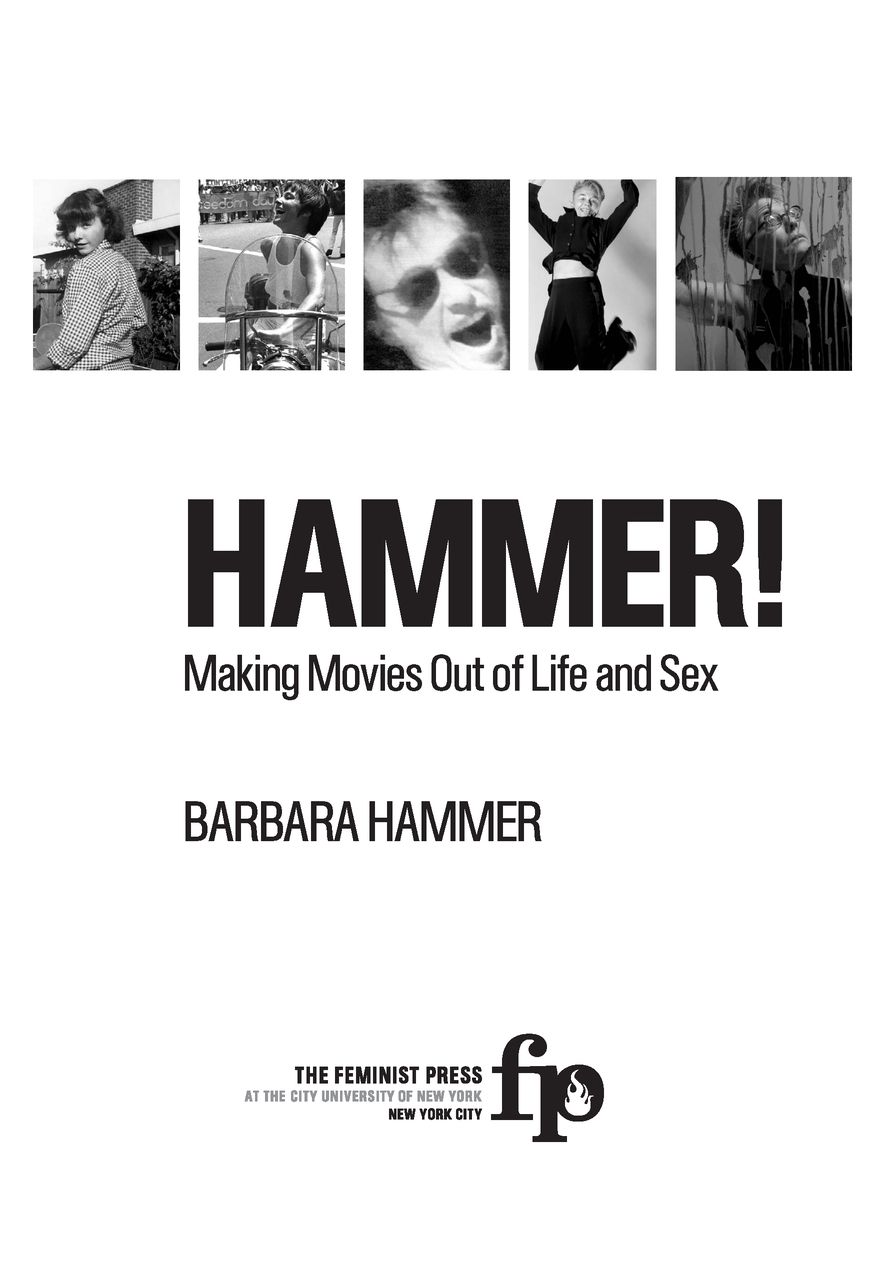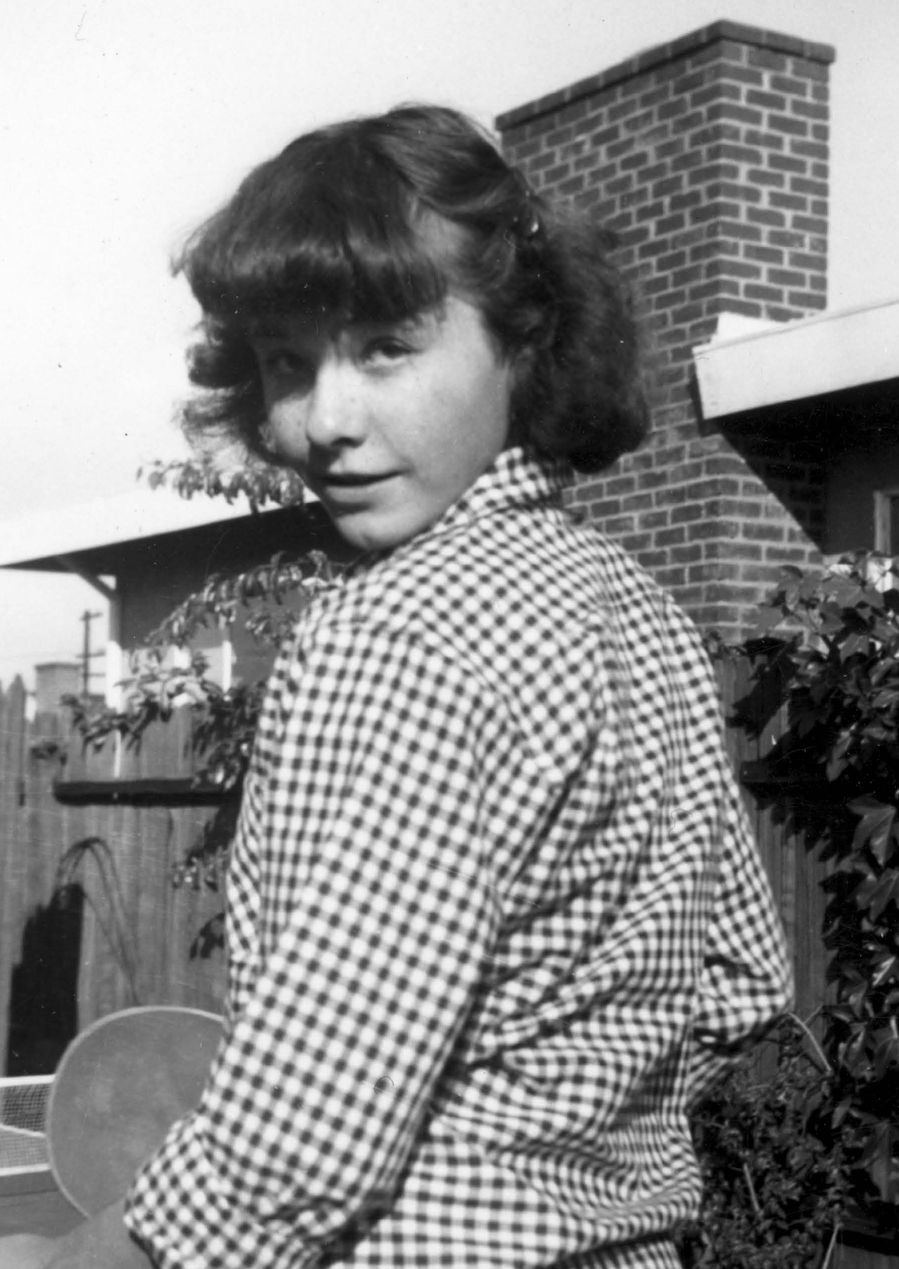Table of Contents
Now the gift of Hammers sounds and images is matched by that of her words. Beautifully designed and illustrated, HAMMER! is a striking book, from tis title to its impact.
Patricia White, author ofUninvited: Classical Hollywood Cinema and Lesbian Representability
A candid and colorful memoir, HAMMER!offers valuable primary source material and original feminist film theory by a pioneer of avant-garde American cinema.
Livia Bloom, film curator
Barbara Hammer is a true cinematic pioneer; her tremendous body of work continues to inspire audiences and artists alike.
Jenni Olson, LGBT film historian
For Florrie
I thrive anywhere near you.
Yours is the smile I cherish, the arms I rush home to;
yours is the intellect I admire, the heart I know so big.
Somewhere in the backyard of my mind a poet sings:
She is singing to you.
&
For women artists everywhere
May your pleasures in creating be huge;
your path, sound; your fears, vanished;
your successes valued.
Yours is the future I write for.
Once I read autobiography as what the writer thought about her or his life. Now I think, that is what they thought at that time. An interim reportthat is what an autobiography is.
Doris Lessing
Introduction
I think Ive always wanted to live up to my name.
On my third birthday, I, Barbara Jean Hammer, received a leather basketball from my father, a prized object that for years I couldnt even lift. Mother thought I was precocious and cute, and I loved to talk to strangers. So she arranged an audition for me with a Hollywood agent, dreaming that her daughter could be an actor like Shirley Temple. The agent said I would need professional training and elocution classes, which my family could not afford. And so the dream of Barbie Jean as a Hollywood star was born and died.
My parents met and graduated from the University of Illinois in Champaign-Urbana, married, and then moved west. I was born at the end of the Great Depression in 1939. My sister Marcia followed three years later. The California they hoped would afford them golden dreams left them instead with just enough cash for a small home in Inglewood, a working-class district of Los Angeles. My mother was a socially conscious housewife who, as president of the local Parent Teacher Association, organized the neighborhood to get sidewalks for our streets. On Saturdays I washed car windows for dimes at my fathers Mobile gas station, where a huge sign of a red horse with wings hung high. I loved that flying red horse.
I was most definitely a child of the Depression. We used ration cards for sugar and coffee during World War II, and mixed yellow dye into oleo to convince ourselves that we had butter. The sense of constraint and economy in our household deeply affected me; spending money has always been more difficult for me than saving, and I find great pleasure in making do with little.
Ill never forget the day we heard shouting from the streets. We rushed out of our home. The war was over! White paper falling from tall dark buildings, scraps of brilliant rectangles dusting the streets, throngs of people filling the urban landscapeI must have seen these images in newsreels as it was too early for television, and Inglewood was more suburb than city. I still washed windows for my dads customers on Saturdays, but there was a different feeling in the air. The war was over and I could grow up.
I was seven years old and walking home from school with my younger sister when Jerry, a classmate, pulled my braids. Mom told me it was because he liked me, but I knew it was just the opposite. It was because I was Barbara HAMMER!
Even in my earliest storytelling I saw myself overcoming adverse situations. I wrote this fable the same year:
The Life of Red Flame
Red Flame was a colt. He belonged to a herd of horses. His mother, Chocolate, nursed him everyday. There was another colt the same size as him. His name was Wildfire. He and Red Flame played together. One day they strayed farther away from the herd than usual. They did not know where they were.
That night they saw eyes looking at them. The next morning Red Flame could not find Wildfire. He found a pool and by the pool were some bones. Red flame now knew what had happened the night before. He was thankful that he was still alive.
Red Flame saw a little cave. He found that he had to crawl to get inside of it. Finally he got through. On the other side of the cave he saw a little valley filled with grass and trees, it was like summer. By now Red Flame had grown to be a young horse. He became the leader of a herd and had many more adventures.
In fourth grade I couldnt see the blackboard from my seat in the back of the classroom. I refused to tell the teacher and so I missed out on multiplication and long-division exercises. I didnt want to wear glasses and went to great measures to avoid them. I knew what day of the week the eye doctor came to school, and I made sure I stayed home sick. Once I ran away, I was so afraid of my secret being discovered.
In fifth grade we had a substitute teacher who stayed for the year. We were studying the pioneers and were to make wagons out of soft pinewood. I couldnt get my wheels round as much as I tried. I would file and file and invariably one of the edges would be flat. Mr. Substitute begged me not to give up, but I saw it was a losing battle and refused to file anymore. He was furious with me and pounded his fist on his desk.
My favorite teacher in sixth grade was Mrs. Bashor, who took her pet students to hunt snakes on Friday nights. We drove out to the desert in Joshua Tree National Park, and with bright headlights we slowly cruised on the black pavement that cut through the broad expanse of sand. Snakes came to the asphalt to warm their blood so they could move swiftly and catch prey. We learned to put our fingers behind their heads and lift them into the headlight beam so Mrs. Bashor could decide if we should take them back to the classroom. This made for great excitement, and I was rewarded for being the best snake catcher of sixth grade.
When I was in seventh grade we moved up in the world and into a new suburb named Westchester. There was a basketball hoop on the garage in our driveway. I could lift the leather basketball now and shot baskets on Saturdays. But by ninth grade, I was crawling out of my bedroom window to meet George in his souped up, lowered Ford coupe. We drove to a large, empty field nearby to make out. Then he would take me home, and I would climb back through the window until one night Mom and Dad were waiting. I was grounded for a month.
My grandmother was living with us again. Anna Kusz was born in a small village outside Ternepol in Ukraine and came to Ellis Island when she was in her teens. She could cook a scrumptious perogi, paska, and borscht. My babushka grandmother was occasionally a live-in cook for Hollywood celebrities. When I was six, she was cooking for D.W. Griffith. My mother, hoping something would come of it, made sure I was introduced to him and Lillian Gish. Nothing did.

